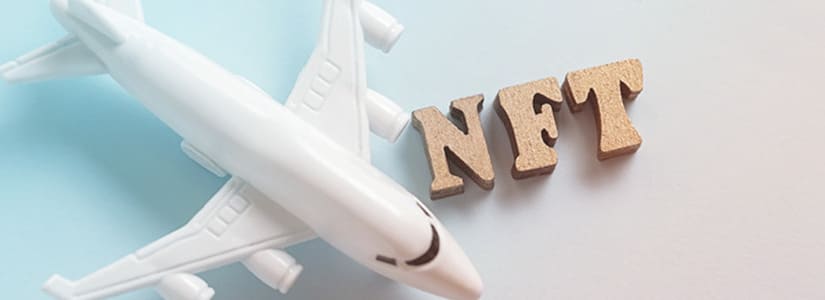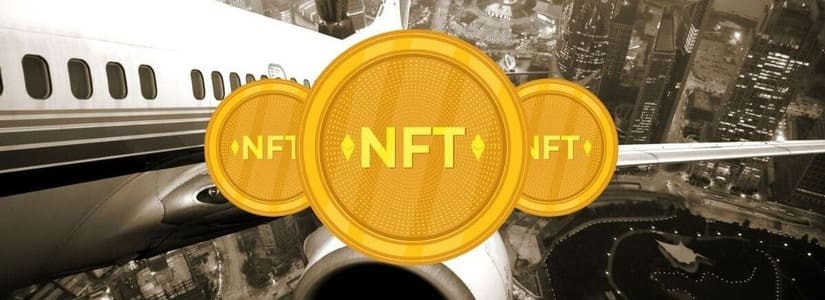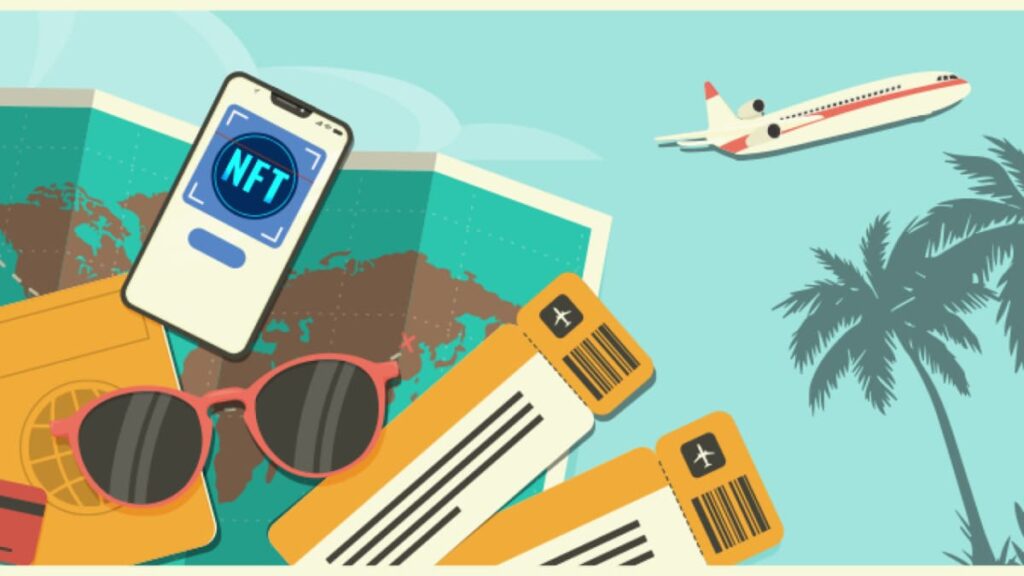TL;DR
- Some airlines and agencies have launched NFTs with exclusive benefits to attract customers and offer unique experiences.
- Ticket tokenization allows reselling or transferring tickets, providing greater flexibility for travelers.
- Mass adoption depends on simplifying the use of NFTs and offering accessible payment options beyond cryptocurrencies.
Non-fungible tokens (NFTs) have found applications in multiple sectors, and the tourism industry is no exception. Companies have begun exploring their use to enhance the travel experience and offer new purchasing and loyalty options. However, the key question remains: are they truly useful, or are they just a passing trend with no real impact?
Some airlines and travel agencies have integrated NFTs into their business strategies. To attract customers, they have launched limited editions of digital assets with exclusive benefits, such as early access to hotels or unique travel experiences. This has allowed travelers not only to purchase a service but also to own a digital asset with potential collectible value. This model combines tourism with the world of art and technology, creating an innovative way to offer new products to customers.

A Solution for Air Travel
On the other hand, NFTs have opened a new possibility in the resale of airline tickets. Traditionally, tickets have been non-transferable documents, forcing passengers to cancel or lose money in case of unforeseen circumstances. With ticket tokenization, travelers can sell or transfer them up to a few days before the flight. This change provides greater flexibility and can benefit those who purchase tickets in advance and later need to modify their plans.
Despite these innovations, there are challenges that limit widespread adoption. The need for basic knowledge of blockchain and cryptocurrencies remains an obstacle. Not all travelers are familiar with these technologies, which can make the purchase or exchange process confusing. Additionally, the volatility of the crypto market creates uncertainty for those who see NFTs as an investment rather than just a purchasing tool.

Simplifying NFT Use and Access Is Necessary
Companies implementing NFTs in tourism aim to offer travelers greater decentralization and autonomy. However, for these solutions to be effective, they must simplify their use and provide accessible payment options for everyone. Some projects have initially relied on cryptocurrencies as the only transaction method but have announced the integration of credit card payments and other traditional systems. This adjustment could be key to expanding NFTs to a broader audience.
Beyond commercial advantages, applying NFTs in tourism raises questions about their long-term sustainability. Blockchain technology consumes resources, and its environmental impact has been a topic of debate. While solutions exist to reduce energy consumption, this is an aspect that cannot be ignored. Additionally, user interest will determine whether these initiatives succeed or remain isolated attempts at innovation without real market adoption.

The future of NFTs in travel will depend on their ability to provide tangible benefits. If they manage to simplify processes, improve service flexibility, and guarantee real added value, they could establish themselves as a useful tool. Otherwise, they risk becoming a passing trend with no real impact on the industry.










